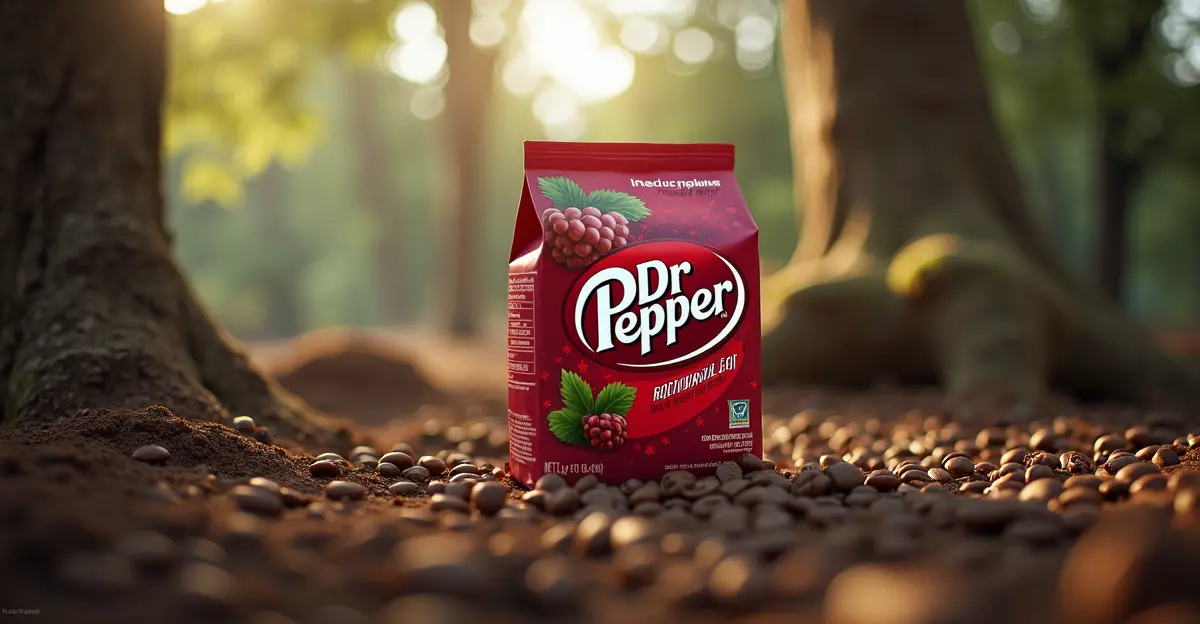
Major Coffee Industry Consolidation
The coffee industry is undergoing a seismic shift with Keurig Dr Pepper's $18 billion acquisition of JDE Peet's, creating a new global coffee giant that rivals Nestlé in market dominance. This landmark deal, announced on August 25, 2025, represents one of the largest mergers in the beverage industry's history.
Market Impact and Consumer Implications
The combined entity will control over 50 major coffee brands including Douwe Egberts, L'OR Espresso, Peet's Coffee, Jacobs, and Kenco. Industry analysts project annual cost savings of approximately €340 million through operational synergies. However, the question remains whether these savings will translate to lower consumer prices.
"It's still speculative whether coffee will become cheaper in supermarkets," explains Thijs Geijer, sector economist at ING. "Retail prices depend on numerous factors beyond corporate control, including global coffee demand, harvest failures, and geopolitical factors."
European Market Dynamics
For Keurig Dr Pepper, traditionally focused on coffee machines and capsules, this acquisition provides immediate access to the lucrative European market. Europe consumes the most coffee globally, with Netherlands leading per capita consumption worldwide. Despite recent price increases, Dutch consumers continue their strong coffee consumption patterns.
Supply Chain and Farmer Concerns
The consolidation raises concerns for coffee farmers, particularly smaller producers. "Smaller farmers will find it increasingly difficult to negotiate fair prices with such massive corporations," warns coffee expert Bregje Deben from the Koffieschool training center.
The industry is witnessing automation and scale expansion at the production level, especially in major coffee-producing nations like Brazil and Vietnam. This trend towards mass production could further pressure traditional farming communities.
Geopolitical Factors and Pricing
The acquisition coincides with volatile coffee commodity markets. After months of decline, coffee prices surged in recent weeks. Additionally, potential 50% import tariffs on Brazilian products announced by former President Trump could significantly impact US coffee prices, making American consumers pay premium rates compared to global markets.
Regulatory Scrutiny Ahead
The deal faces regulatory review from authorities including the Netherlands Authority for Consumers and Markets (ACM). Regulators must assess whether the combined entity would create anti-competitive market conditions. The outcome of these reviews will determine the final structure of the global coffee industry.

 Nederlands
Nederlands English
English Français
Français Deutsch
Deutsch Español
Español Português
Português







